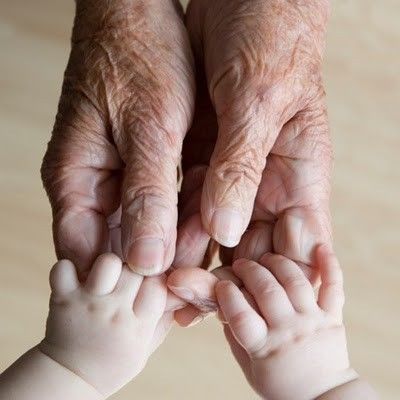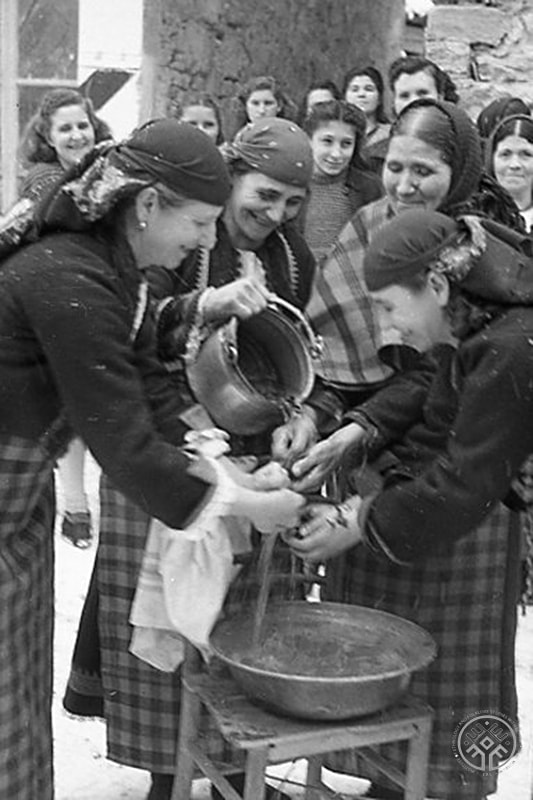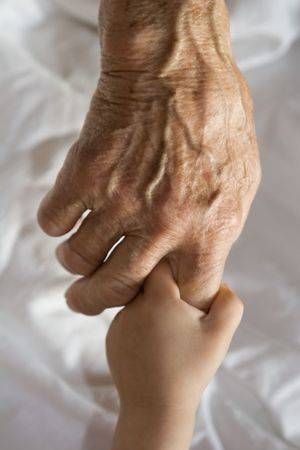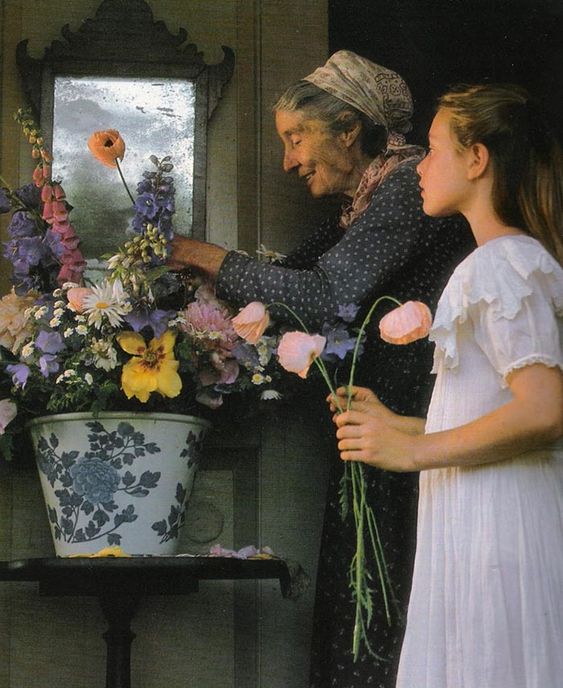St. George’s Day (Gergyovden), celebrated on May 6, is one of Bulgaria’s most cherished holidays. It beautifully weaves together Christian […]
Babinden | Grandma’s Day

Grandma’s Day is a women's holiday that honors grandmothers - women who help in childbirth and who in the past performed the role of midwives. The holiday is dedicated to maternity care, midwives, gynecologists, birth mothers, and children's health and is celebrated on January 8th /or January 21st in the old style/.
The day is one of the great national women's holidays, dedicated to the "grandmothers" - the women who helped give birth to the young brides and brides who gave birth. The rites on this day are mainly subordinated to the desire to show honor and respect to the elderly women who are the "grandmothers" of the women in labor.
Today the day has lost a lot of its ritual customs, but it is celebrated by the elders and is associated with a lot of laughter and merriment!
Tradition and rituals
In the past, on the evening before the holiday, or early in the morning on the day itself, the grandmother midwives visited the homes of the brides to whom they gave birth, i.e. helped them give birth. Traditionally, the grandmother comes to the houses with red and white thread which she ties on the children's hands, and wool from which she makes beards for the boys and hair for the girls, symbolizing the wish that they will grow old. The main moments of the holiday are the bathing of the children by the grandmother and the "bathing" of the grandmother. After visiting all the children, the grandmother helped to give birth, she goes home and prepares to welcome the mothers who have given birth during the year, who come to "wash" the grandmother. The women take the grandmother to a river, lake, or well, where the ritual bathing takes place. The girls help her to wash, gifting her with a towel and soap, as there is always steam tied in the towels. Everyone is decked out in red peppers and wool, and no men are allowed at the celebration.
Banitsa, sarmi with meat, and pork with leeks are placed on the ritual table, and the guests bring bread, cheese, some kind of feast, wine, or rakia to the house of the grandmother. They sit at the table and feast. Delighted, the women get up to dance and sing to each other.



According to folk beliefs, in order to have healthy children, a number of prohibitions should be observed
- Children should not be conceived on the night between Friday and Saturday.
- A pregnant woman should not kick a dog or a cat, jump over rye, eat bread returned from a journey, should not walk on spilled water or garbage, but most importantly they should not steal or eat secretly, because what is stolen or eaten secretly come out as a mark on the child.
- Everything that the pregnant woman asks, it must be given to her, according to folk beliefs. If food is hidden from her, the child will be spiteful, and unhealthy.
- A pregnant woman should beware of fear.
